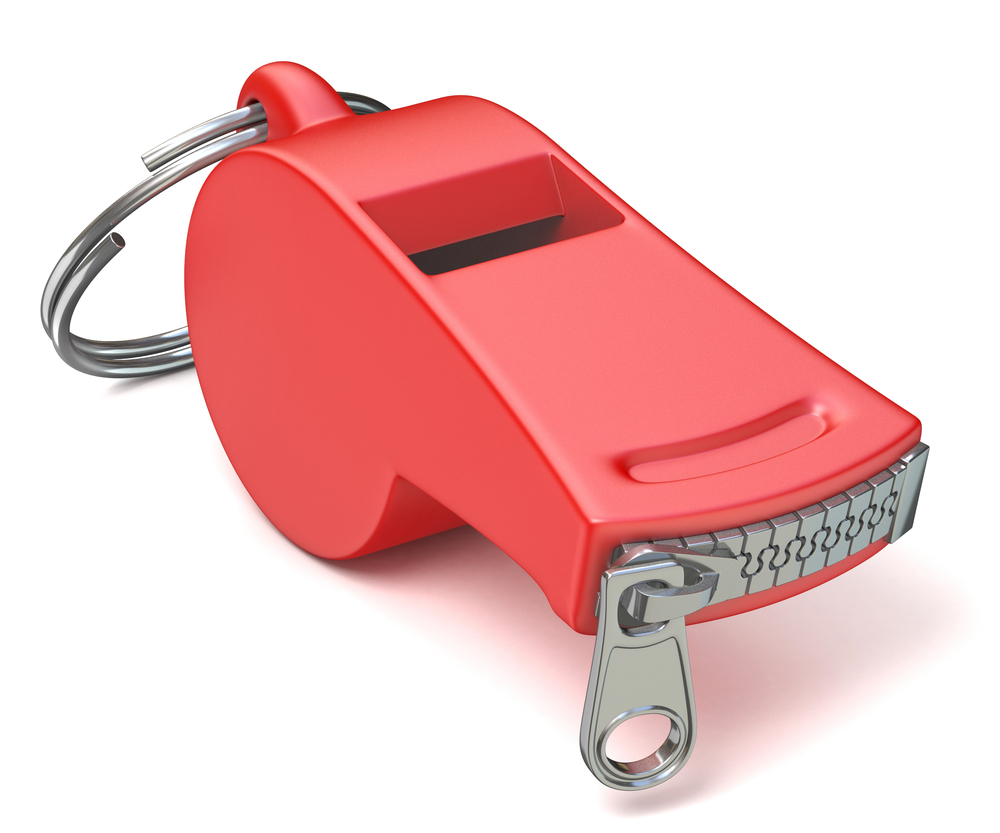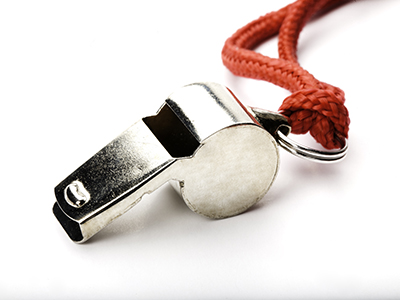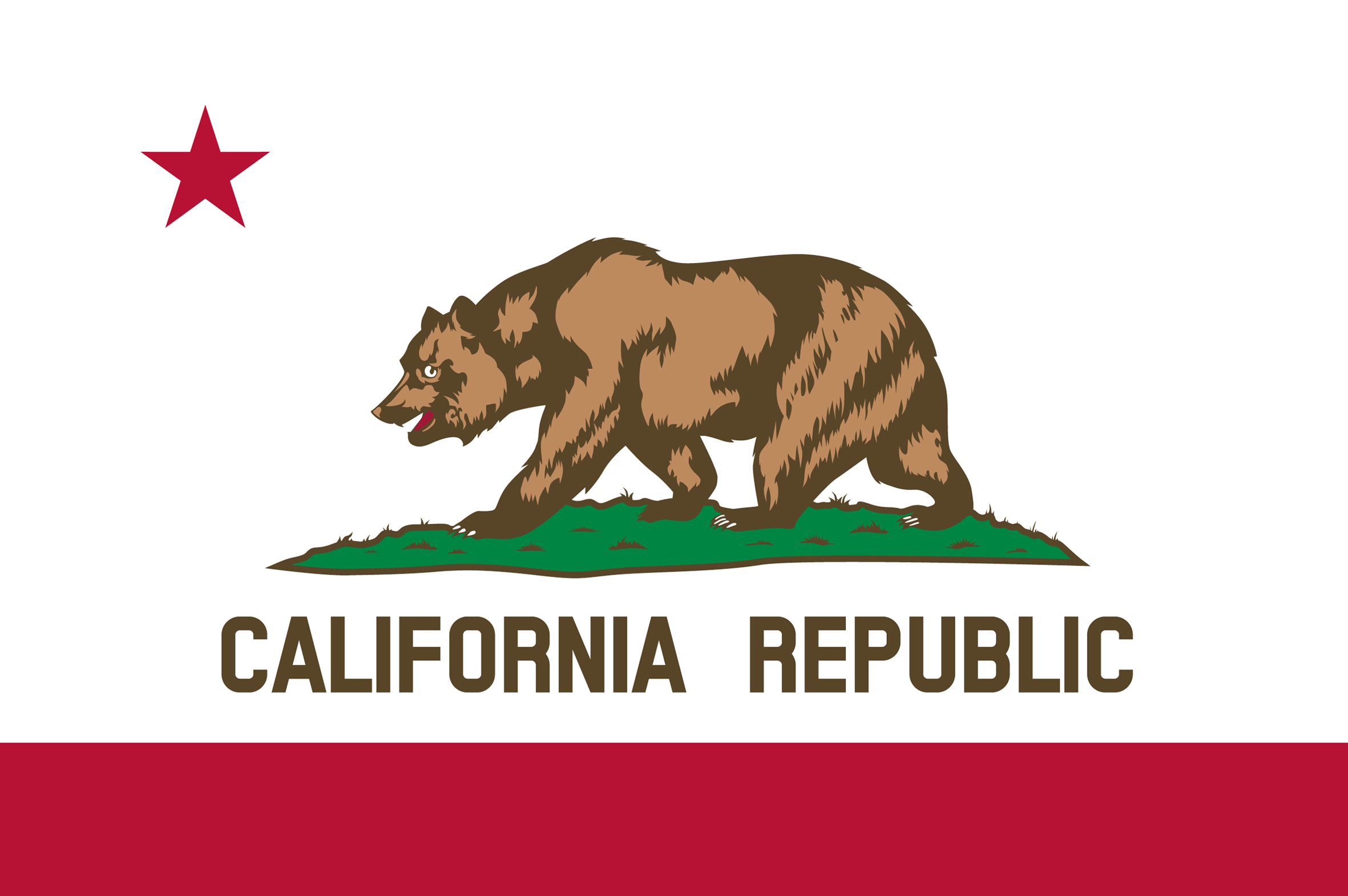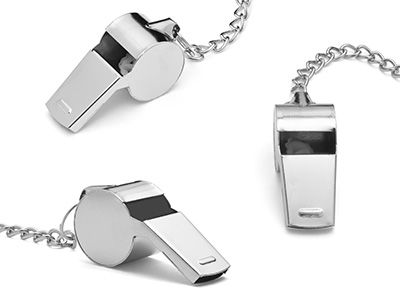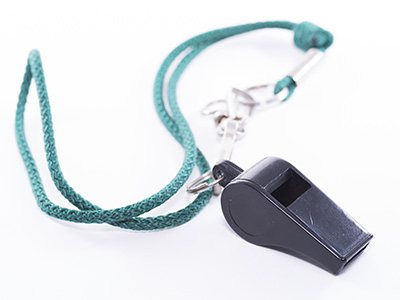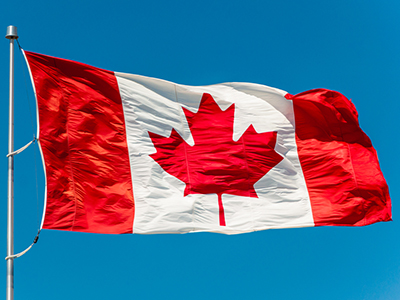The Second Circuit has affirmed the dismissal of a class action of New York City “black car” drivers who alleged they were misclassified as independent contractors by their dispatchers. In reaching its ruling, the Court found that multiple factors of the economic realities test weighed against employee status for the drivers.
Black car drivers provide rides to high-end clientele, such as business executives, celebrities, and dignitaries. In 2012, a class of drivers sued Corporate Transportation Group Ltd. and a number of its affiliates (collectively, the “dispatchers”) alleging they were misclassified as independent contractors in violation of the FLSA and New York Labor Law. After originally granting conditional class certification, the U.S. District Court for the Southern District of New York granted the dispatchers’ motion for summary judgment, concluding the drivers were properly classified as independent contractors under both statutes. READ MORE





